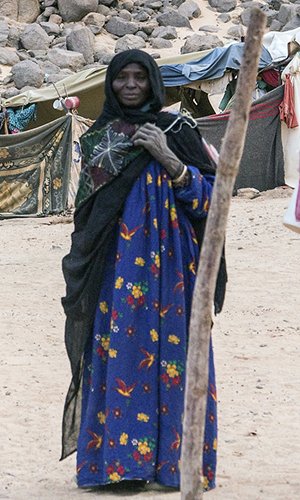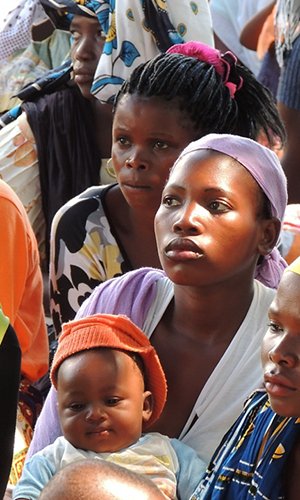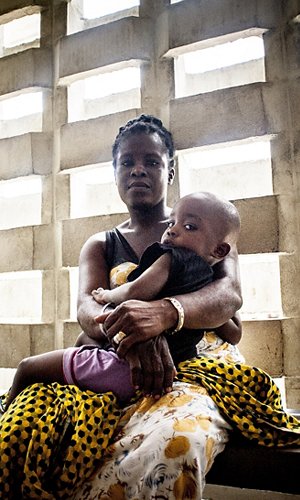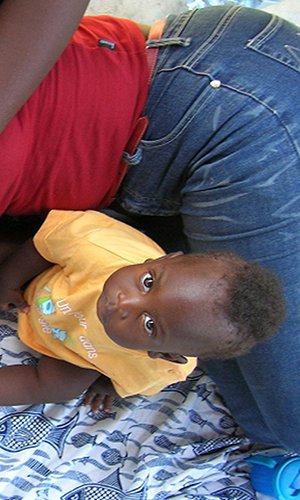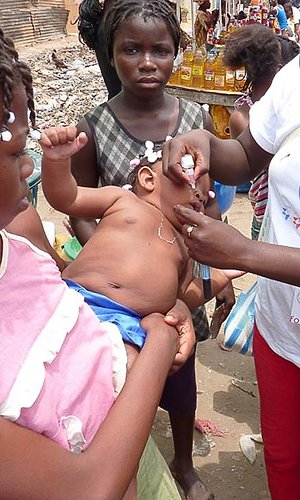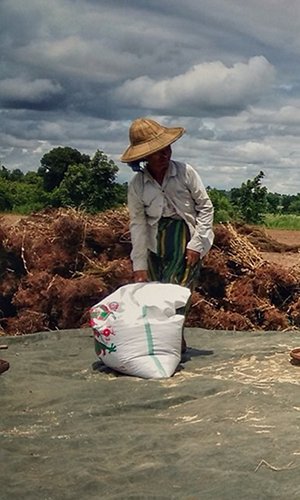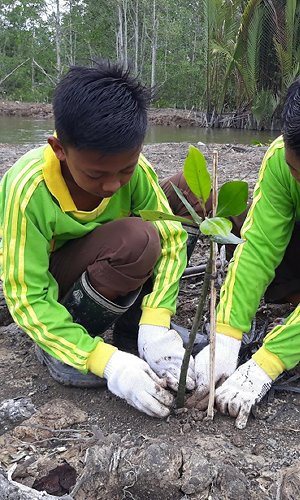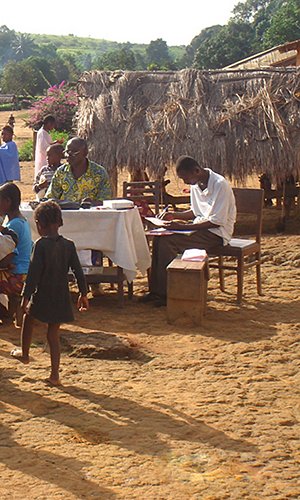Our projects in Italy and around the world focus primarily on:
- promoting inclusion and supporting those in vulnerable situations
- the improvement of maternal, obstetric and neonatal medicine services.
- the strengthening of basic healthcare services
- the support for the training of medical, surgical, nursing and management staff



